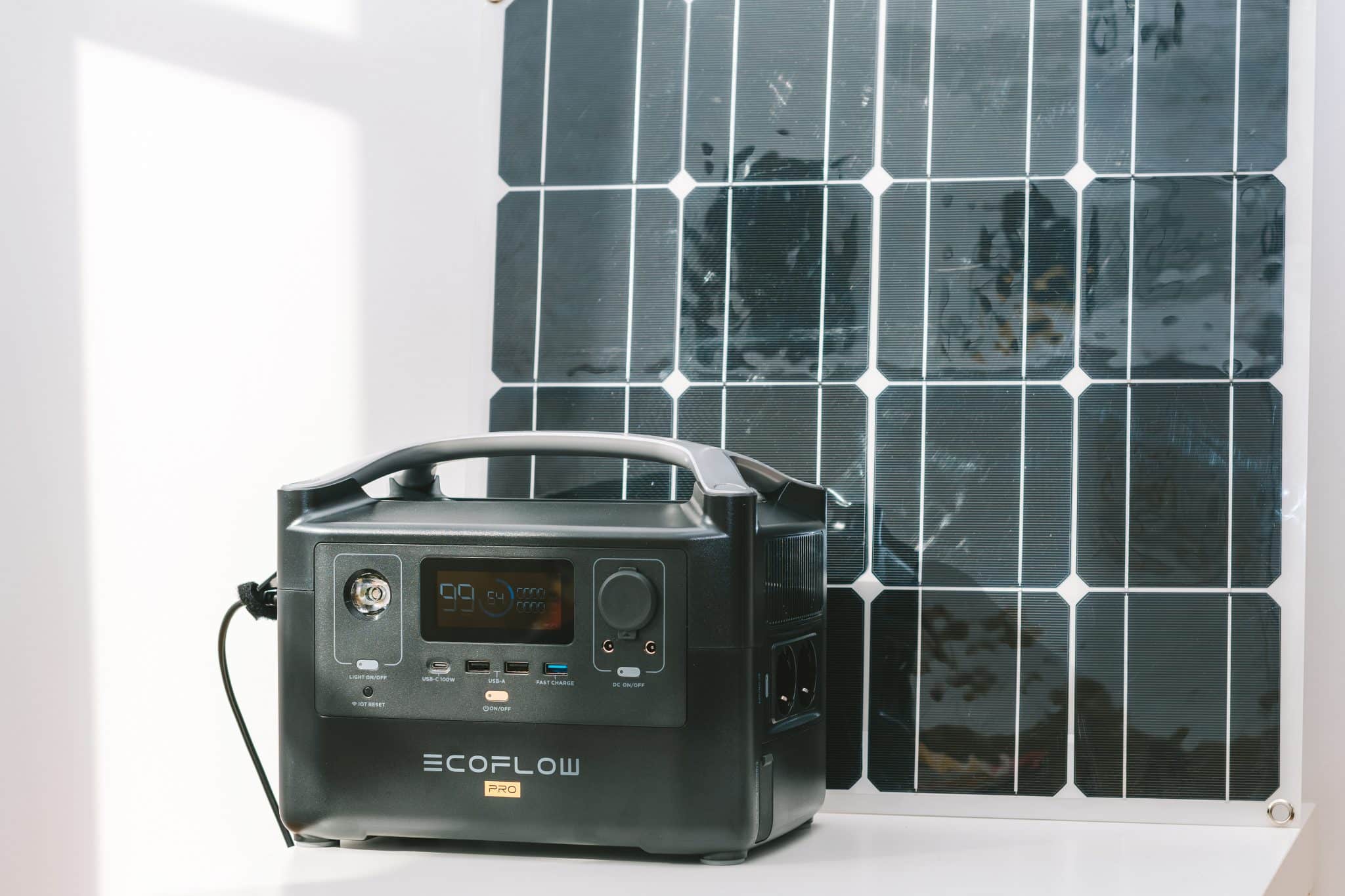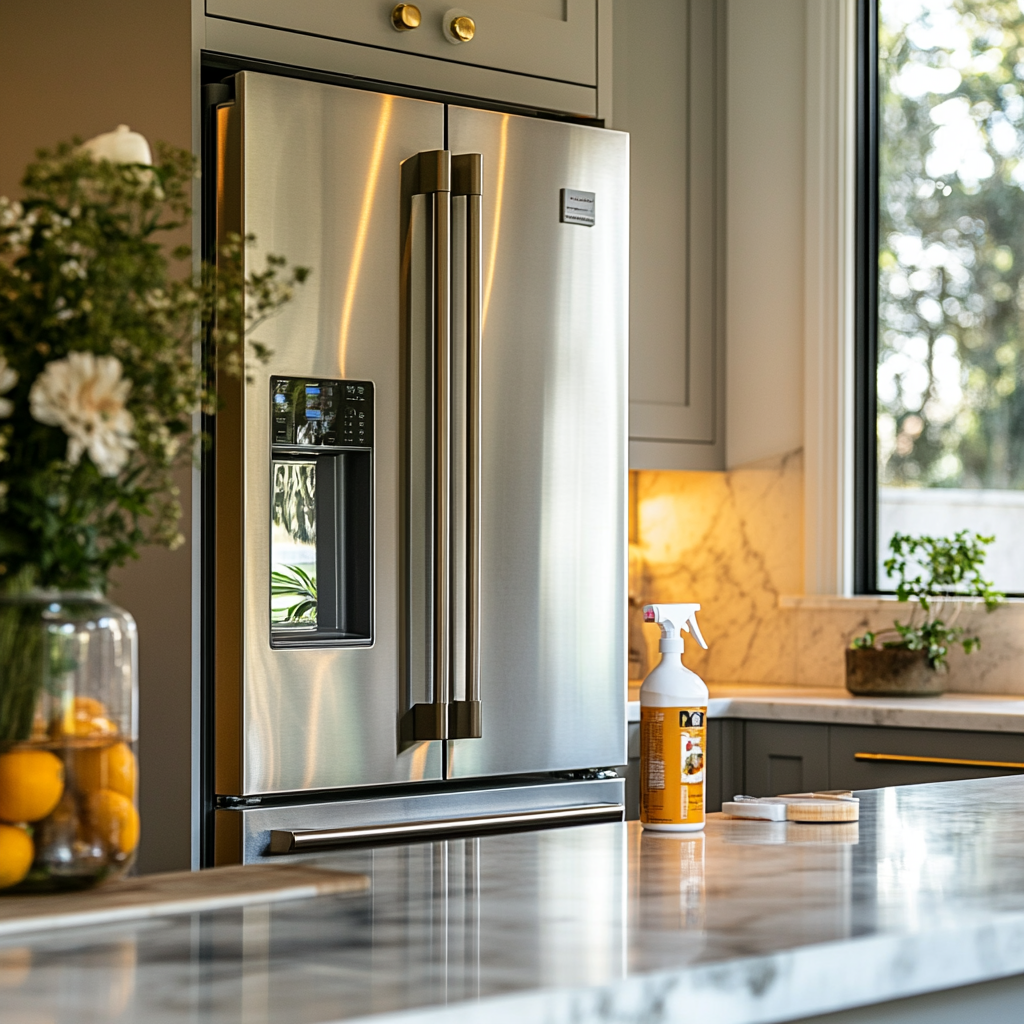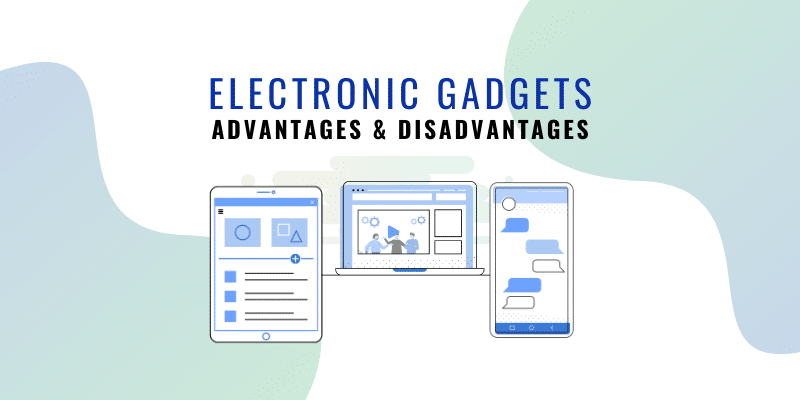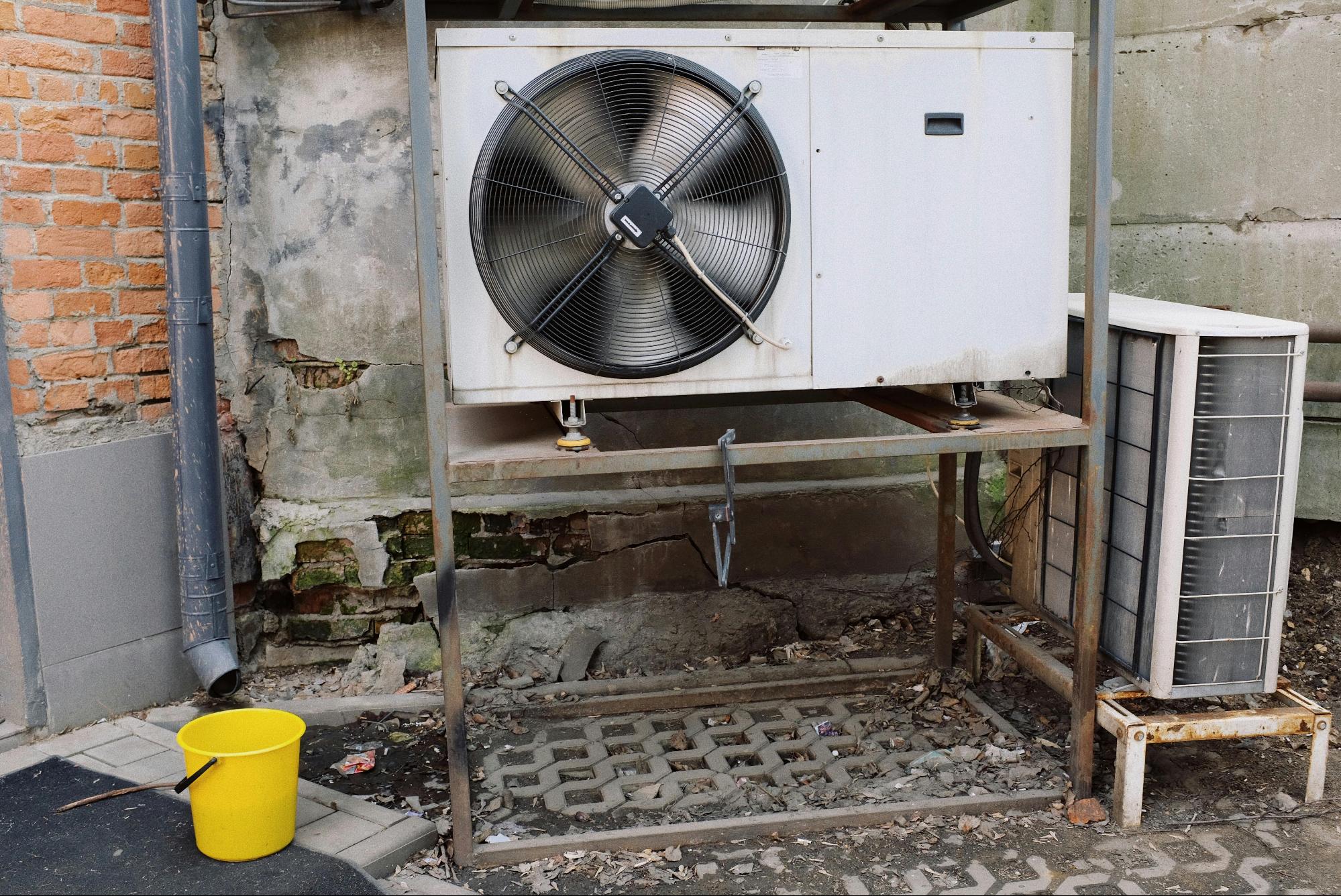The Top Factors To Consider When Buying A Home Generator
Power outages can be caused by extreme weather, aging infrastructure, and unforeseen events. Homeowners are opting for home generators to secure a dependable power source during grid failures. Learn how to choose the best generator for residential use below.
1. Generator Type
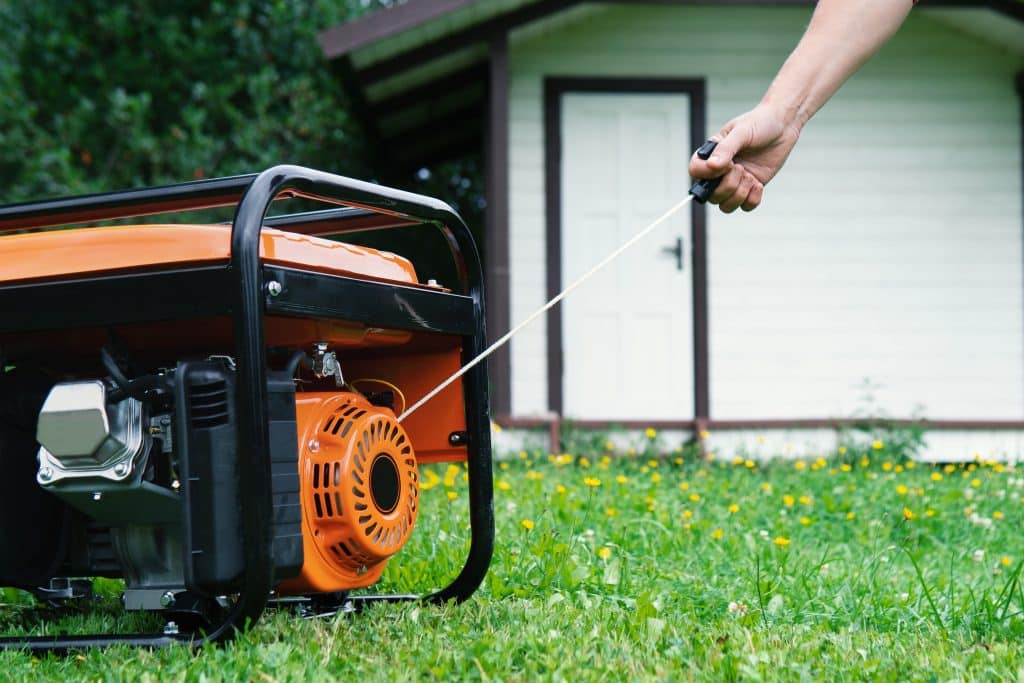
The first and most crucial decision when buying a home generator is choosing the right type. Portable generators are smaller, less expensive, and can be moved around as needed. They are ideal for providing temporary power to a few essential appliances.
On the other hand, standby generators are permanently installed outside your home and automatically kick in when the power goes out. They can provide continuous power to your entire house. The choice between these two types depends on your specific needs and budget.
2. Power Capacity
This is typically measured in kilowatts (kW). Identify the crucial appliances and systems you wish to maintain. Calculate the combined wattage of these items to determine the required minimum power capacity.
Portable power stations, which are essentially compact generators, come in various sizes and power capacities to suit different needs and applications. Low-capacity generators typically range from 1 kW to 10 kW for residential use. Larger models can go up to 17 kW or more. It’s recommended to choose a generator with a capacity slightly larger than your calculated load to ensure it can handle peak demands.
3. Fuel Type
Gasoline generators are portable and suited for smaller applications, but they have limited run-time and can be expensive to operate. Diesel generators are more fuel-efficient and suitable for larger and heavy-duty use, but diesel fuel can be costlier. Propane generators offer cleaner burning with lower emissions, longer shelf life, and better fuel efficiency than gasoline, making them versatile for various applications. However, propane availability varies by location and initial costs can be higher.
Many people also consider clean energy sources. Natural gas generators provide a continuous fuel supply from a utility line, with low emissions and minimal maintenance, but they are limited to areas with natural gas access. Dual-fuel generators offer versatility by running on both gasoline and propane, providing options based on fuel availability.
4. Transfer Switch
A transfer switch is a crucial component in the safe operation of a standby generator. It automatically connects the generator to your home’s electrical system when the power goes out and disconnects it when power is restored.
Manual transfer switches require you to start the generator and switch it on when the power goes out. Automatic transfer switches, as the name suggests, do this automatically. They are more convenient but also more expensive. Make sure your generator comes with an appropriate transfer switch to ensure a seamless transition to backup power.
5. Noise Level
Considering the noise level doesn’t only apply to choosing appliances but also generators. Generators can be noisy, so it’s essential to consider the noise level when choosing one for your home. Quieter generators are less disruptive to your daily life and your neighbors. Inverter generators are a good choice if noise is a concern. Additionally, some generators come with noise-reducing features, so look for models that advertise quieter operation if you want to minimize noise.
6. Brand and Warranty
The brand of the generator you choose is important. Reputable brands often provide better quality, reliability, and customer support. Do your research, read reviews, and ask for recommendations to identify trustworthy manufacturers. Additionally, check the warranty offered with the generator. A solid warranty gives you peace of mind, as it covers repair or replacement if the generator experiences any issues during its specified warranty period.
7. Installation and Maintenance
Consider the installation requirements and maintenance of your chosen generator. Standby generators usually require professional installation, which can add to the overall cost. You may also need to obtain permits and comply with local regulations for generator installation. Regular maintenance is crucial to ensure your generator functions when needed. Find out what maintenance tasks are required, and make sure you are comfortable with these responsibilities or are willing to hire a professional for maintenance.
8. Budget
The type of generator you choose, be it portable or standby, will significantly influence the cost, with portable options generally more budget-friendly. The generator’s power capacity, measured in watts, will also impact the price, as higher capacity generators come at a premium.
Consider the ongoing expenses, including fuel costs and maintenance or potential repairs. Installation, including permits and labor costs for standby generators, should be factored in as well. Additional features and accessories, such as remote monitoring or automatic transfer switches, can contribute to the overall cost. Don’t forget to budget for the fuel or energy source required to run the generator.
Conclusion
Purchasing a home generator is a significant decision that requires careful consideration. These factors include the generator type, power capacity, fuel type, transfer switch, noise level, brand and warranty, installation and maintenance requirements, and budget. By evaluating these factors and choosing the right generator, you can ensure your home remains powered and comfortable during unexpected outages. Remember that a home generator is not just an investment in convenience but also your safety and peace of mind.

